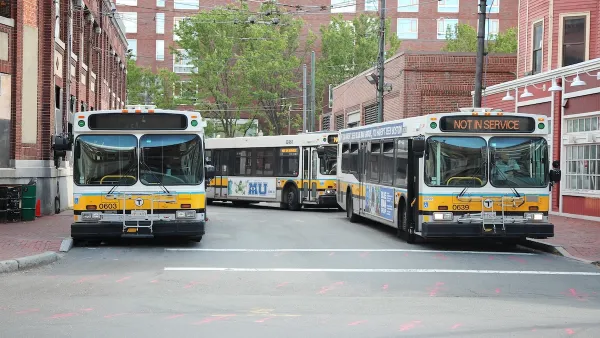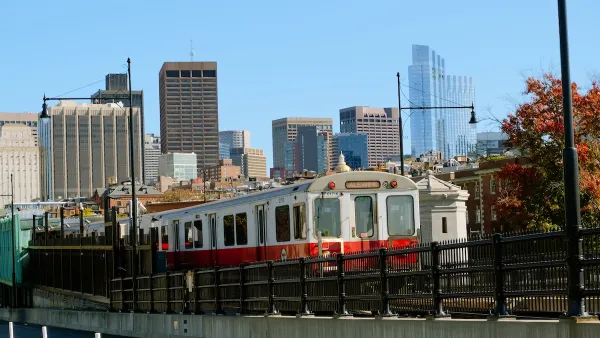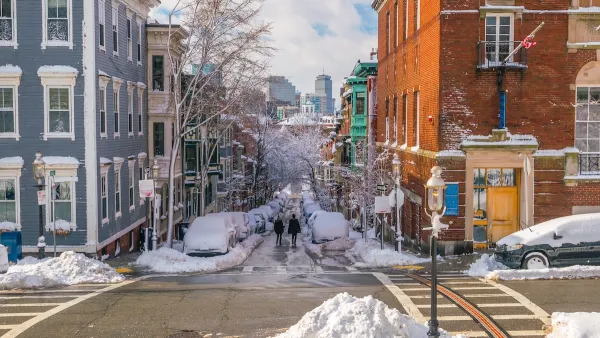The urban farming movement won a big victory recently in Boston, where new zoning regulations allowed for the creation of certain kinds of commercial farms within city limits.
Boston recently passed Article 89, a new zoning ordinance that allows the operation of certain kinds of farms, including commercial farms. The new rules overturn the strict controls put in place in 1965 by the citywide zoning code that made it virtually impossible to farm in Boston.
The aspirations of urban farming advocates are well intentioned "to improve the quality of the food city-dwellers eat, decrease the distances food must travel before it arrives in their stomachs, and provide access to nutritious produce in low-income neighborhoods." Still unclear, however, is whether urban farming can deliver, in reality, benefits of energy efficiency compared to contemporary rural farming practices and whether farming uses will pencil out for developers in urban areas of high property value.
Nefakh’s story approaches the uncertainty of urban farming's future by exploring some of the more creative possibilities made possible by the new code, describing ideas like high-rise farming, hydroponic trays, shipping container mini-farms, and undersea edibles, among other ideas.
For the record, “Boston’s Department of Neighborhood Development is already accepting proposals for three separate sites in Dorchester and Roxbury that they hope will turn vacant lots into farmland,” reports Nefakh.
FULL STORY: If urban farming took off, what would Boston look like?

National Parks Layoffs Will Cause Communities to Lose Billions
Thousands of essential park workers were laid off this week, just before the busy spring break season.

Retro-silient?: America’s First “Eco-burb,” The Woodlands Turns 50
A master-planned community north of Houston offers lessons on green infrastructure and resilient design, but falls short of its founder’s lofty affordability and walkability goals.

Delivering for America Plan Will Downgrade Mail Service in at Least 49.5 Percent of Zip Codes
Republican and Democrat lawmakers criticize the plan for its disproportionate negative impact on rural communities.

Test News Post 1
This is a summary

Test News Headline 46
Test for the image on the front page.

Balancing Bombs and Butterflies: How the National Guard Protects a Rare Species
The National Guard at Fort Indiantown Gap uses GIS technology and land management strategies to balance military training with conservation efforts, ensuring the survival of the rare eastern regal fritillary butterfly.
Urban Design for Planners 1: Software Tools
This six-course series explores essential urban design concepts using open source software and equips planners with the tools they need to participate fully in the urban design process.
Planning for Universal Design
Learn the tools for implementing Universal Design in planning regulations.
EMC Planning Group, Inc.
Planetizen
Planetizen
Mpact (formerly Rail~Volution)
Great Falls Development Authority, Inc.
HUDs Office of Policy Development and Research
NYU Wagner Graduate School of Public Service





























